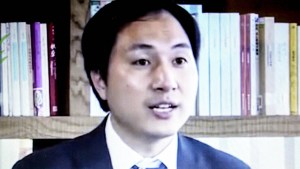On September 26 and 27, 2022, the Pontifical Academy for Life will organize in Rome its first international conference on the “Ethics of Engineering Life,” the Vatican entity announced in a statement released on September 20.
The conference, explains the Holy See, is to bring together experts, clinicians, philosophers, and others to address the ethical issues of these innovative technologies that allow the modification of molecular systems with great potential but also sometimes with “dubious and problematic objectives.”
While the Academy notes successes such as restoring vision, controlling metabolic disorders, and growing tissue and organs for replacement, it also warns that the technology can be “misused in various ways.”
The Vatican has previously condemned the risks that can be posed by the use of these technologies, for example, if they were put at the service of eugenic goals. In 2019, the president of the Pontifical Academy for Life, Archbishop Vincenzo Paglia, pointed to the risk of one day facing “a dictatorship of technology.”
In a sign that the issue is of particular interest to the Catholic Church, Pope Francis named Emmanuelle Charpentier, co-creator of the most famous of these biological engineering technologies, CRISPR/Cas9, a member of the Pontifical Academy of Sciences on August 10, 2021.
The conference is organized in collaboration with the Roman hospital of the Bambino Gesù – which belongs to the Vatican — but also two Swiss university centers: the ETH research center in Zürich and the laboratory of molecular engineering at the University of Basel.


